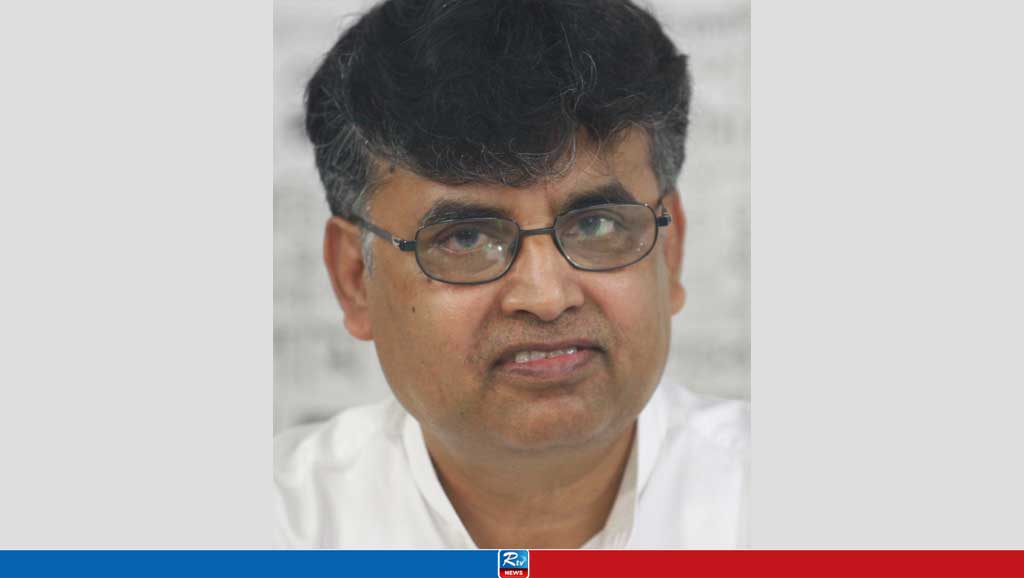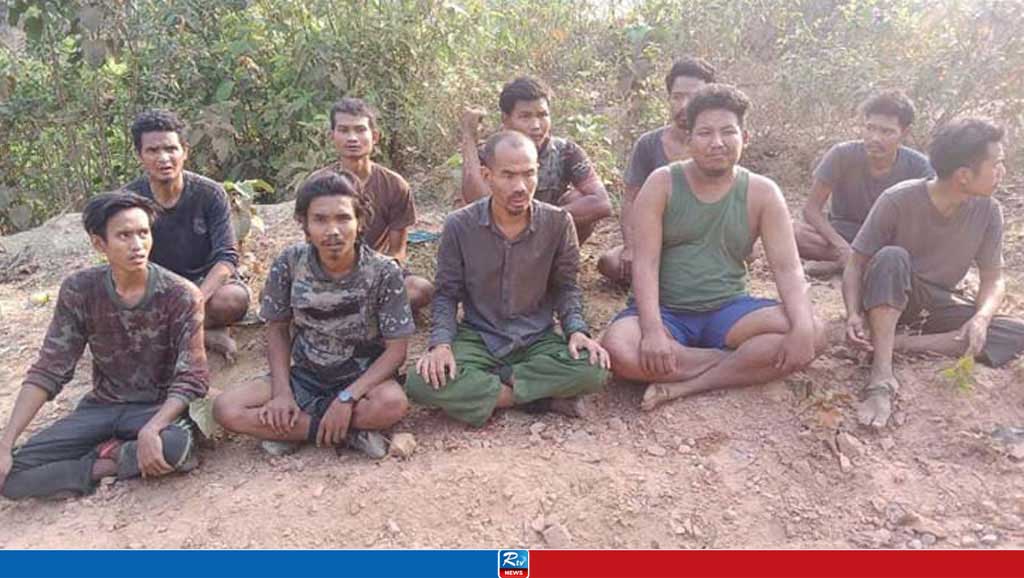Bangladesh-India connectivity: Strong link of business

Bangladesh – India connectivity achieves new heights Ever since Sheikh Hasina assumed power in 2009, constant efforts are being made to improve connectivity between Bangladesh and India. A number of connectivity agreements between the two countries are being executed, while older agreements are being renewed with appropriate modifications wherever necessary. Regional connectivity is not only strengthening friendship between Bangladesh and India but also proving to be a strong link of business.
Prime Minister Sheikh Hasina came up with this remark while inaugurating ‘Maitri Setu’ (Friendship Bridge) virtually with the Indian Prime Minister Narendra Modi on March 9.
The Indian Prime Minister expressed the view that connectivity between Bangladesh and India will prove to be very important for the north-east region of India and Bangladesh trade as well.
Inaugurating the bridge Sheikh Hasina lauded India for ‘building a prosperous region together’ and wished for a ‘successful operation and utilization of the Maitri Setu’. The opening of the bridge is a “testimony to Bangladesh government’s continued commitment to support our neighbor India in strengthening connectivity in the region”, she said. She also expressed happiness that the event is taking place at a time when the country is celebrating birth centenary of Father of the Nation Sheikh Mujibur Rahman, the golden jubilee of Bangladesh’s independence and the 50th year of Bangladesh-India diplomatic relations.
‘Maitri Setu’ which spans 1.9 km joining Sabrum in India with Ramgarh in Bangladesh has been built over Feni river which flows between the Indian boundary in Tripura and Bangladesh. It has been built by India’s state-owned National Highways and Infrastructure Development Corporation at a cost of INR 133 Crore. The name of the bridge symbolizes growing bilateral and friendly relations between Bangladesh and India. The bridge will improve connectivity of south Assam, Mizoram and Manipur along with Tripura with Bangladesh and South East Asia. It will also give an impetus to economic opportunities in Bangladesh.
With the opening of the bridge movement of goods between West Bengal and the land-locked Northeastern states of India can take place through Bangladesh. In her inaugural speech Sheikh Hasina expressed her willingness to make Dhaka a connectivity hub and said “Bangladesh is ready to maximize its locational advantage as connectivity hub between South and Southeast Asia. We believe that the cross-border transport system that Bangladesh is developing with India is a step in this regard which will allow us to play an important role in regional trade and commerce”.
The bridge is poised to herald a new chapter for trade and people- to-people movement between Bangladesh and India. With inauguration of the bridge Tripura is set to become ‘Gateway of North East India’ with access to Chittagong port which is just 80 km from Sabrum. Bangladesh-India ties have been witnessing a steady improvement for the last one decade. During this period both the countries not only strengthened their diplomatic ties but also deepened their bonds on all fronts including trade, commerce, connectivity, energy and power, space, developmental projects, culture and people-to-people exchanges.
Under Sheikh Hasina’s leadership Bangladesh has become self-sufficient with food and ensured quality health services in rural areas. To meet the growing demands for electricity Bangladesh has taken mega projects like the Rooppur Nuclear Power Plant and Rampal Coal-powered Power Plant. The government pledged to ease connectivity between central region and southern region by building the largest bridge in the country over the Padma river. Under the present government’s motto ‘Friendship With All, Malice For None’ and Sheikh Hasina’s style of pro-active democracy, the country has maintained an active international profile. One of the thrusts of the government’s foreign policy has been enhanced ties with neighbours and increased regional connectivity.
Sheikh Hasina has laid due emphasis on her government’s relations with India, the country with which Bangladesh shares 2,545-mile long international border, the fifth longest land border in the world. During the Indian Prime Minister Modi’s visit to Dhaka in 2015, a bilateral trade agreement was signed allowing both Bangladesh and India transit through each other’s territories. Under this agreement Bangladeshi vehicles would be able to carry goods to Bhutan and Nepal through Indian territories while India can transport goods through Bangladesh from the mainland to its north eastern states. This will usher in a new era of regional connectivity.
Ahead of Prime Minister Modi’s scheduled upcoming visit to Bangladesh, the country’s Commerce Minister Tipu Munshi has expressed optimism that the trade relations between the two countries would reach new heights in the 50th year of Bangladesh’s independence. There is also strong resolve from the two countries to further expand investment and trade relations, the Minister observed. Given the historic, cultural and economic ties between Bangladesh and India, the two countries have always been more than neighbours, sharing not only common borders and rivers, but also culture, language and heritage that was further bonded by shared experiences and sacrifices during the Liberation War in 1971.
Since Sheikh Hasina-led government assumed power in 2009, relations between the two countries reached new peaks in such sectors as settling historical disputes, bilateral and regional connectivity, power and energy, trade and commerce and management of water resources. Bangladesh is playing a leading role in the Bay of Bengal Initiative for Multi Sectoral Technical and Economic Cooperation (BIMSTEC) which groups together Bangladesh, India, Maldives, Sri Lanka, Thailand, Nepal and Bhutan in a forum for multilateral cooperation. The secretariat for this group has been hosted in Dhaka.
Bangladesh, Bhutan, India and Nepal (BBIN) signed an agreement to ensure seamless travel of transports between the borders of these countries. Based on the EU model, BBIN Agreement envisages uninterrupted transit of passengers, personnel and cargo vehicles between these countries. The bilateral ties between the two countries have been witnessing steady and amazing improvements as a result of which both the countries are benefitting immensely. The ties have reached such extraordinary heights that international relations analysts and diplomats branded it as a role model for the rest of the world especially in terms of bilateral ties between two close-door neighbours.
AH
Comments
Eid rush: Advance bus ticket sale begins
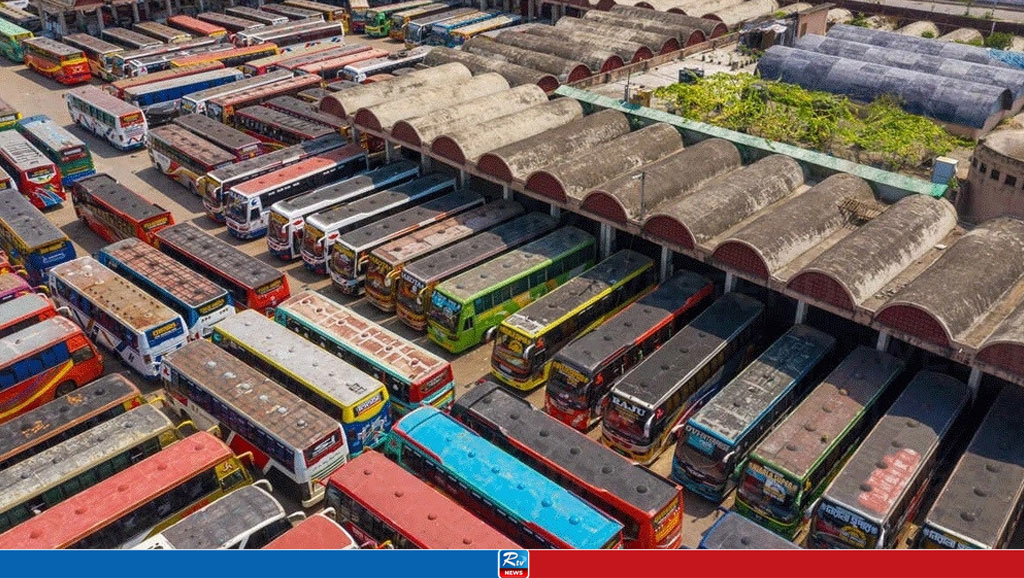
Prices of all daily commodities hike except vegetables
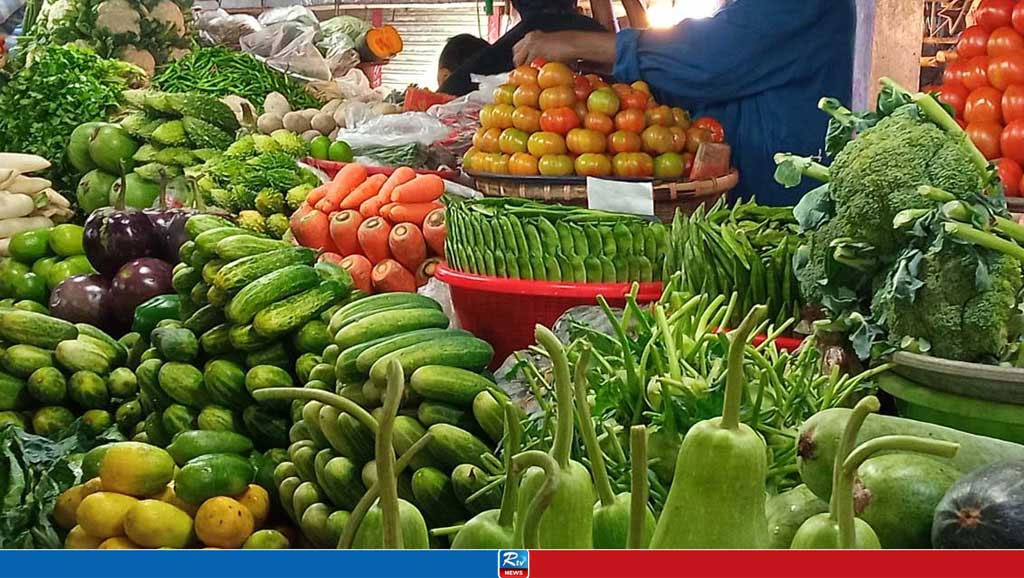
Prime Minister condemns terrorist attack in Moscow

Main Eid congregation to be held at the National Eidgah at 8:30 am
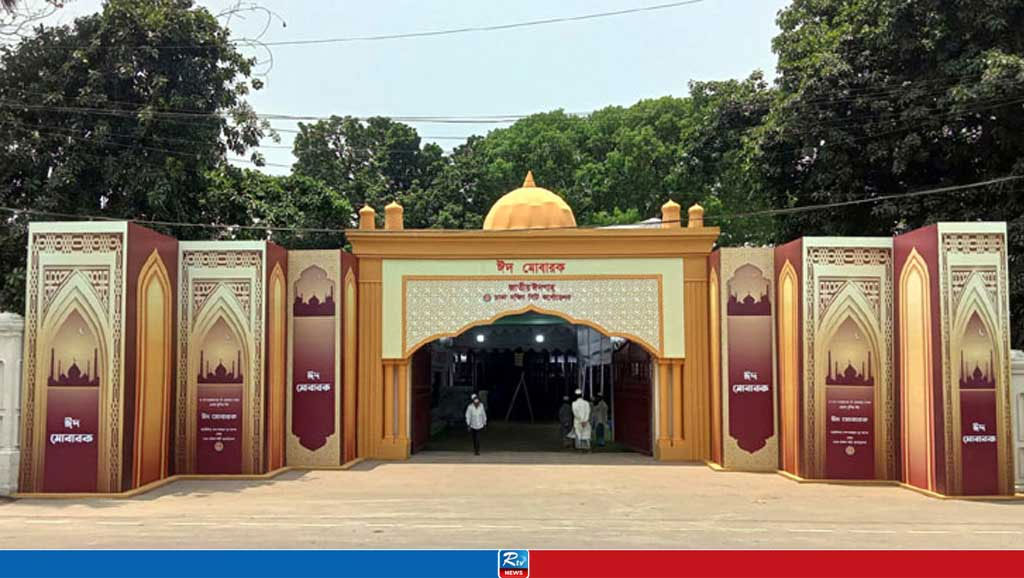
Nation set to celebrate 54th Independence Day
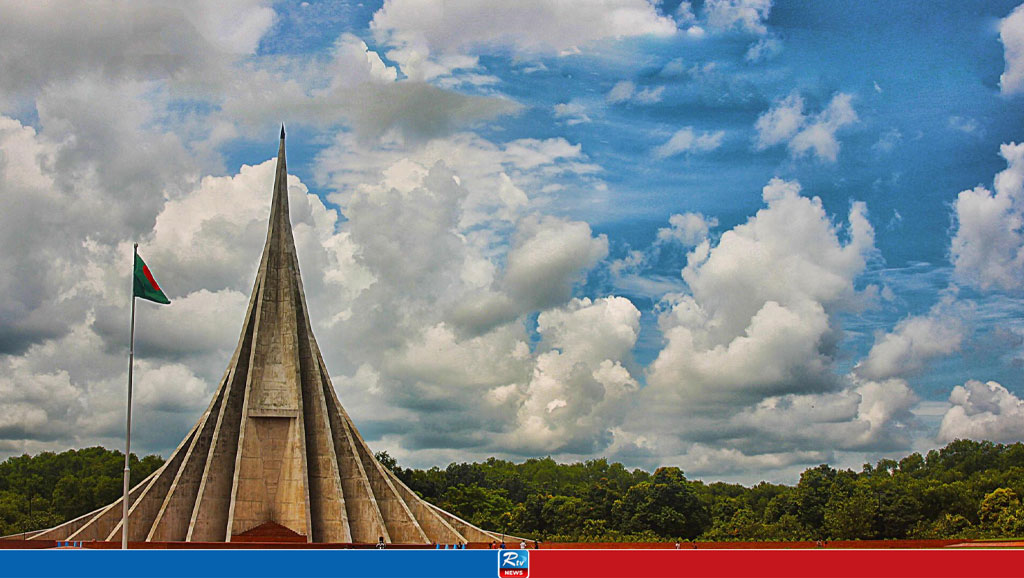
Saudi Arabia to invest $1.4 bn in Bangladesh's energy sector
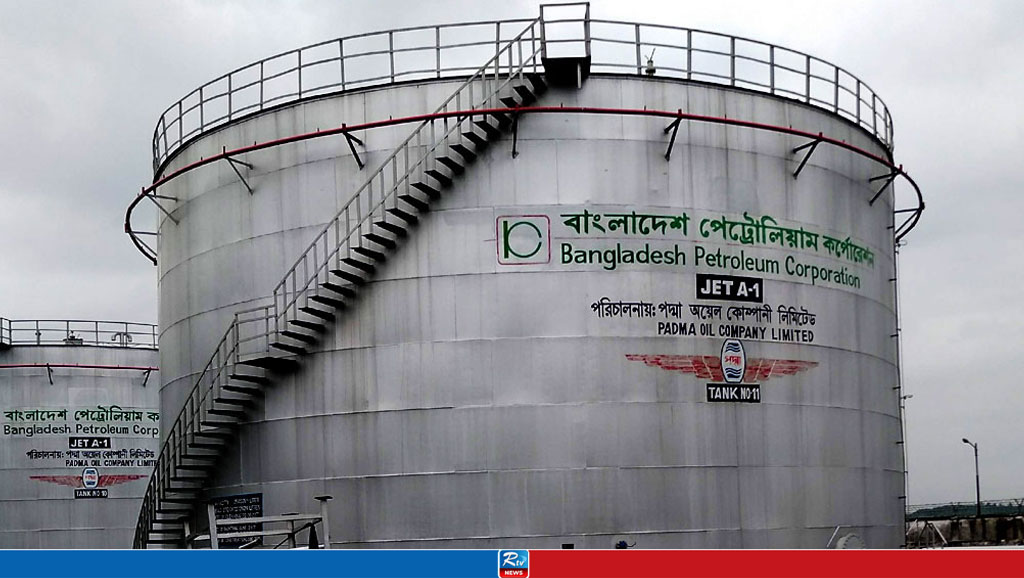
Khaleda Zia's jail term extended by 6 months
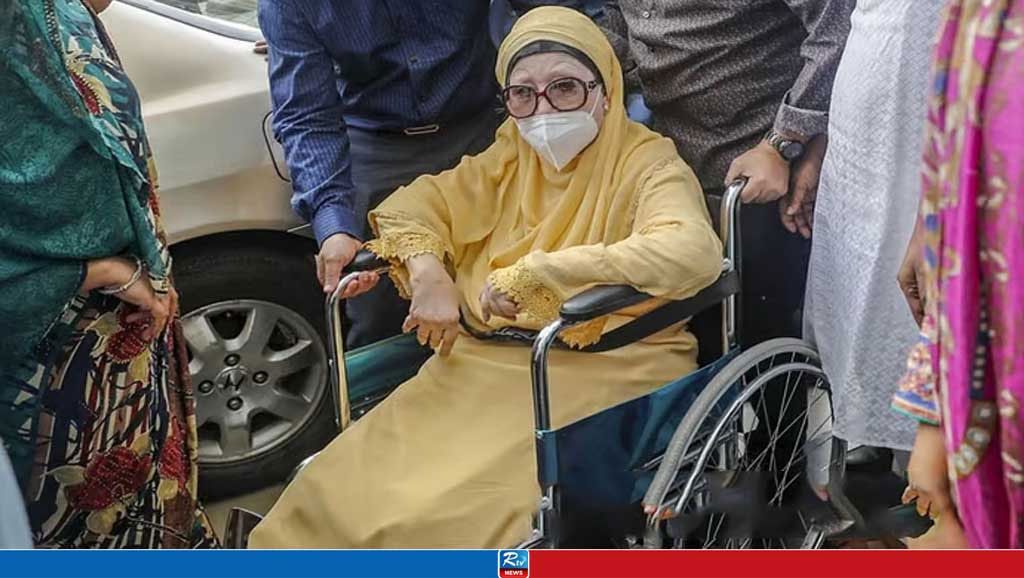

 Live Tv
Live Tv


